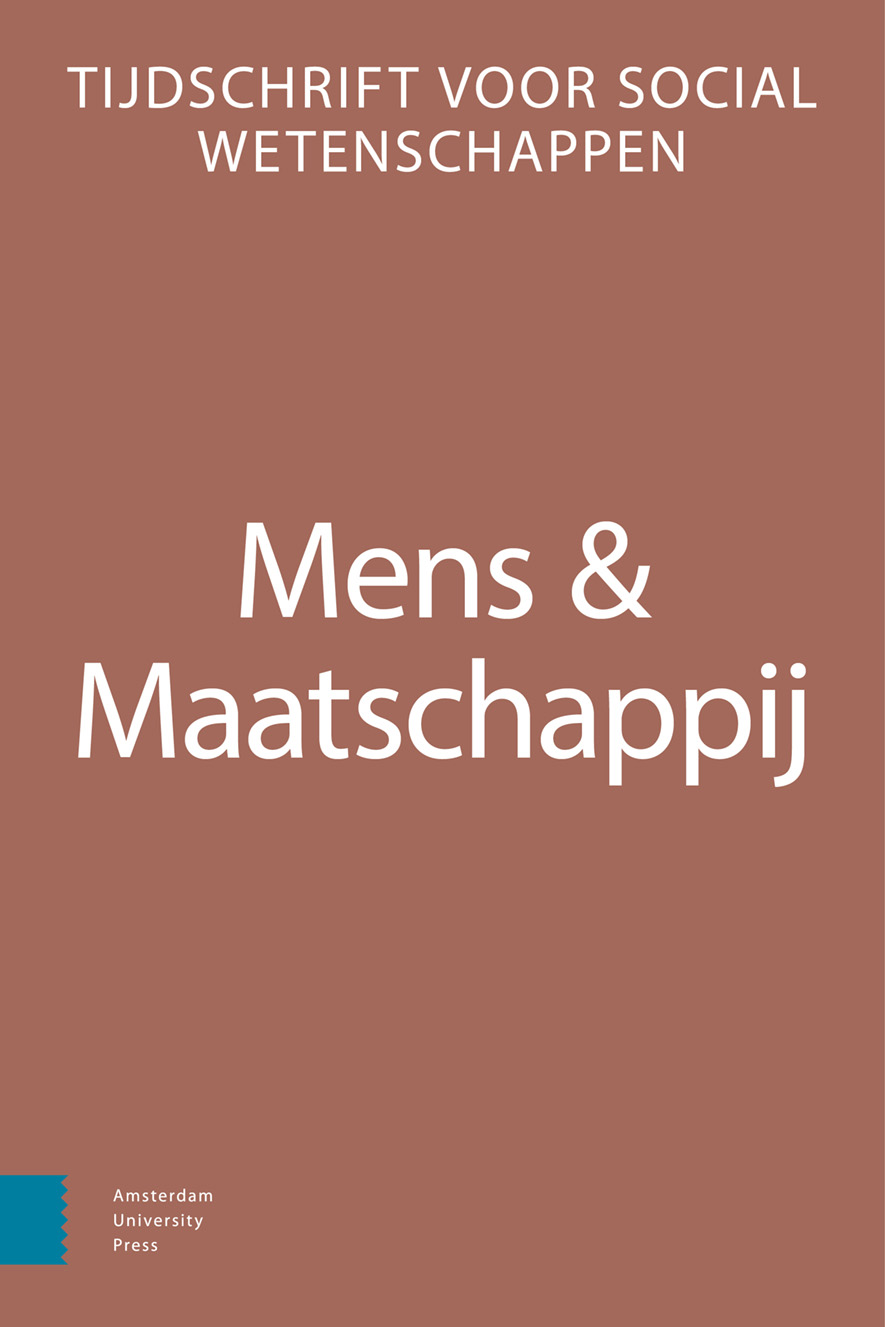-
oa Waarom hoger opgeleiden zich tegen het politieke systeem keren
Een onderzoek naar de motieven van hoger opgeleiden om te stemmen op populistisch radicaal rechtse partijen
- Amsterdam University Press
- Source: Mens & Maatschappij, Volume 97, Issue 2, Jun 2022, p. 182 - 212
-
- 01 Jun 2022
Abstract
Why the higher educated oppose the political system. A study on the motives of higher educated citizens to vote for populist radical right parties.
The majority of the voting electorate of Populist Radical Right Parties (PRRPs) generally consists of lower educated citizens. However, Forum for Democracy and JA21 have succeeded in attracting higher educated voters to their electorate. Little scientific research has been performed on the motives of higher educated citizens to vote for these parties, as traditional explanations often focus on the lower educated. The focus of this inquiry will, therefore, be on understanding the deliberations of higher educated citizens and how these have incentivised them to vote for Populist Radical Right Parties. 12 semi-structured interviews were held with higher educated PRRP voters. The results show that cultural factors and political distrust were most relevant in higher educated citizens’ choice to vote for these parties. Especially political distrust seems important, which is shaped by the perceived political knowledge and sophistication of the higher educated. This research shows that the underlying motives of the higher educated to vote for these parties may differ from existing explanations that focus on lower educated voters.


